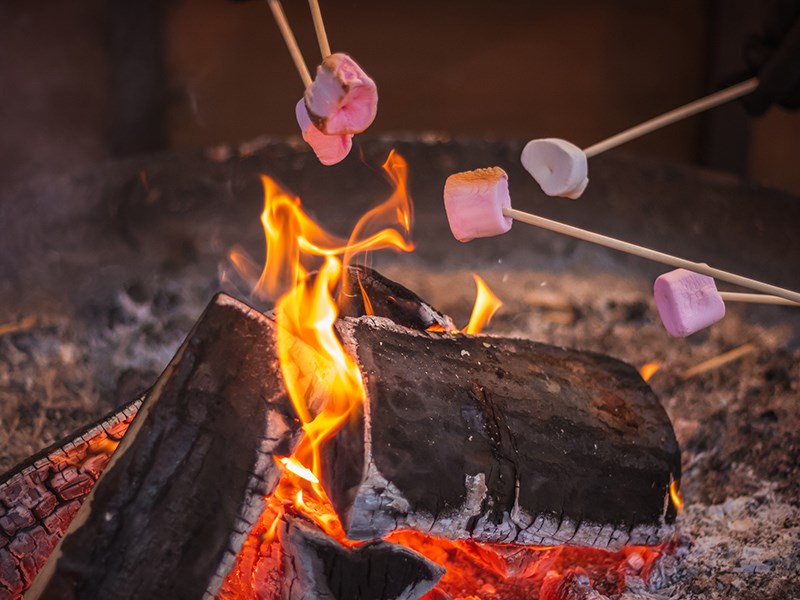A Texada Island resident is calling on qathet Regional District to become campfire free at Shelter Point Park.
Appearing at the committee of the whole meeting on Thursday, November 14, Carolynn Mees said since there are 51 campsites in Shelter Point Park, situated close to one another, there are potentially dozens of fires burning at the same time.
“You can imagine how much smoke would be caused by these campfires,” said Mees. “We ask, ideally, for all of the campsites to be campfire free. We would also like to offer suggestions and alternatives.
“If you will not consider an all campfire-free zone, then we propose sites one to 34 be propane fire pits only. They are the sites that impact the health of the day users, the swimmers and all of the people recreating in the picnic areas.”
Mees said a suggestion would be to have the park renting propane fire pits and selling canisters.
“Propane fire pits are safe, cheaper and healthier than wood,” said Mees. “We hope we can look forward to Shelter Point Park being an environmentally safe and friendly park. As people who love the park, we sincerely hope you’ll consider our proposal.”
City director George Doubt said there is a possible opportunity for a Texada Island business that could rent or make available propane fire pits for the use of the campground and some people might want to take advantage of that.
In a letter to the regional district, Mees stated that campfire smoke is dangerous when breathed in and the particles go deep into people’s lungs.
Mees also stated that observations made every day concluded the park fills up with wood smoke from campfires, often unattended.
“To make matters worse, not only was it very smoky, but plastic garbage was smelled on numerous occasions being burned on the campfires,” stated Mees. “These serious health concerns make it impossible to safely recreate and enjoy the park as it was often very smoky.”



